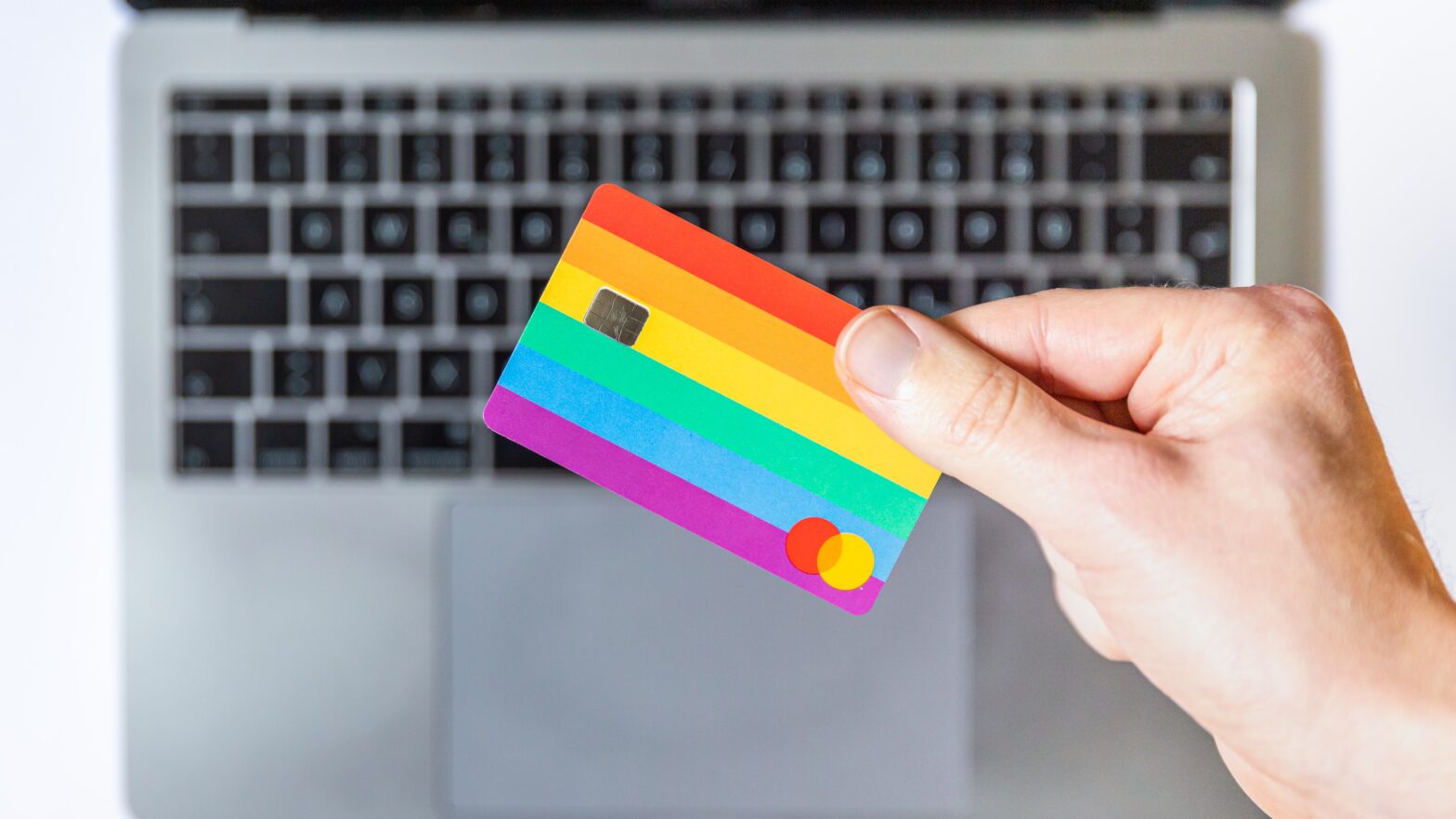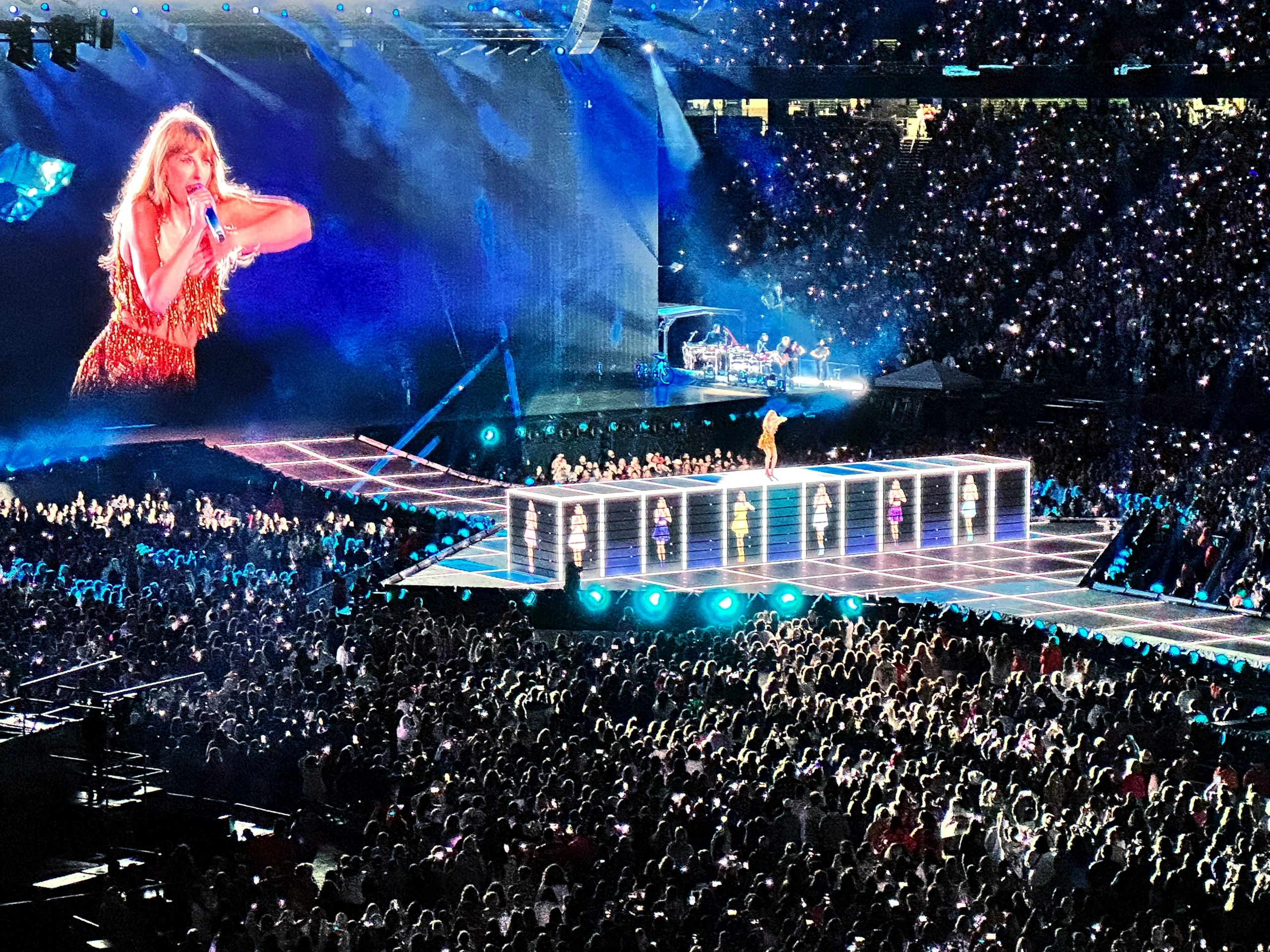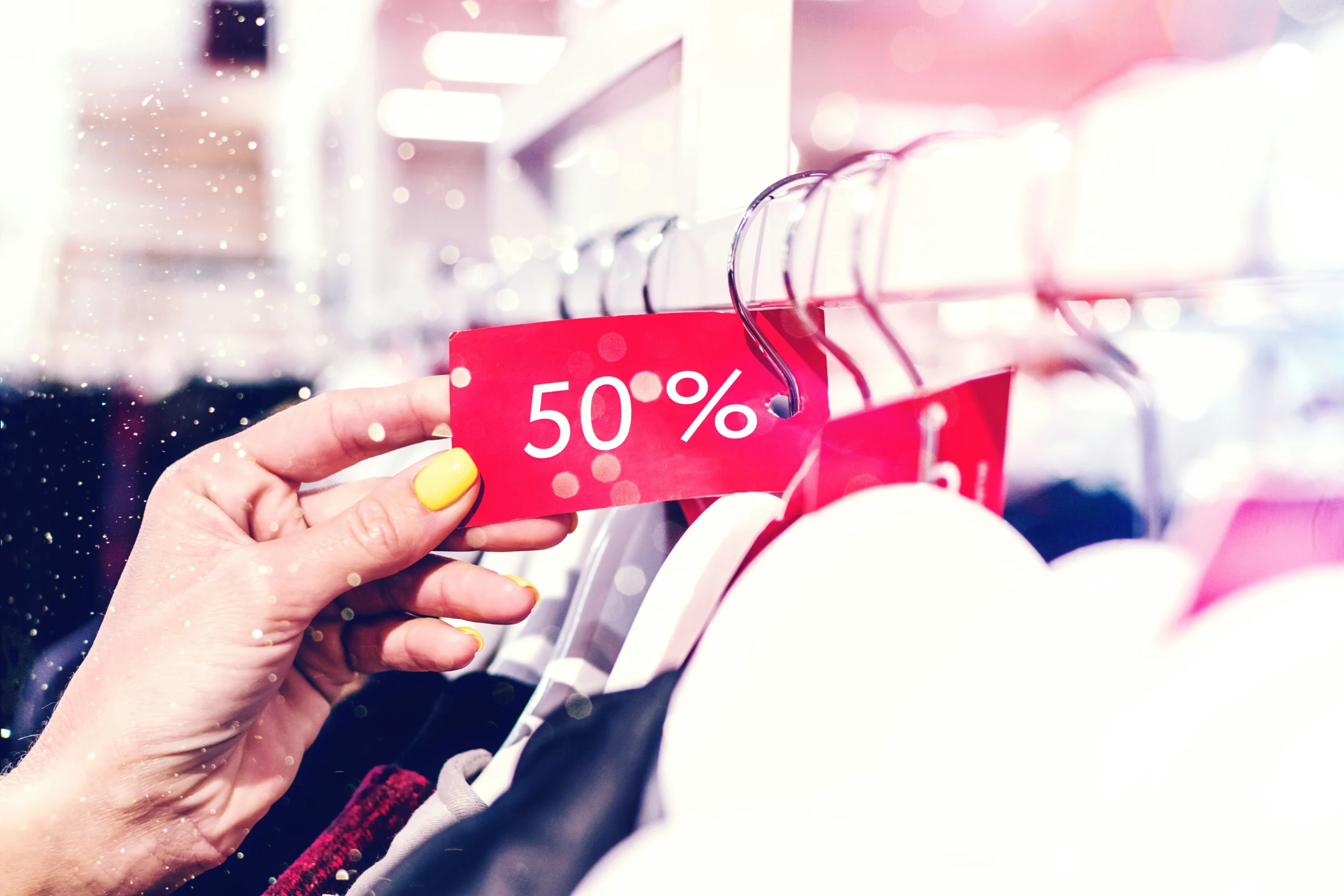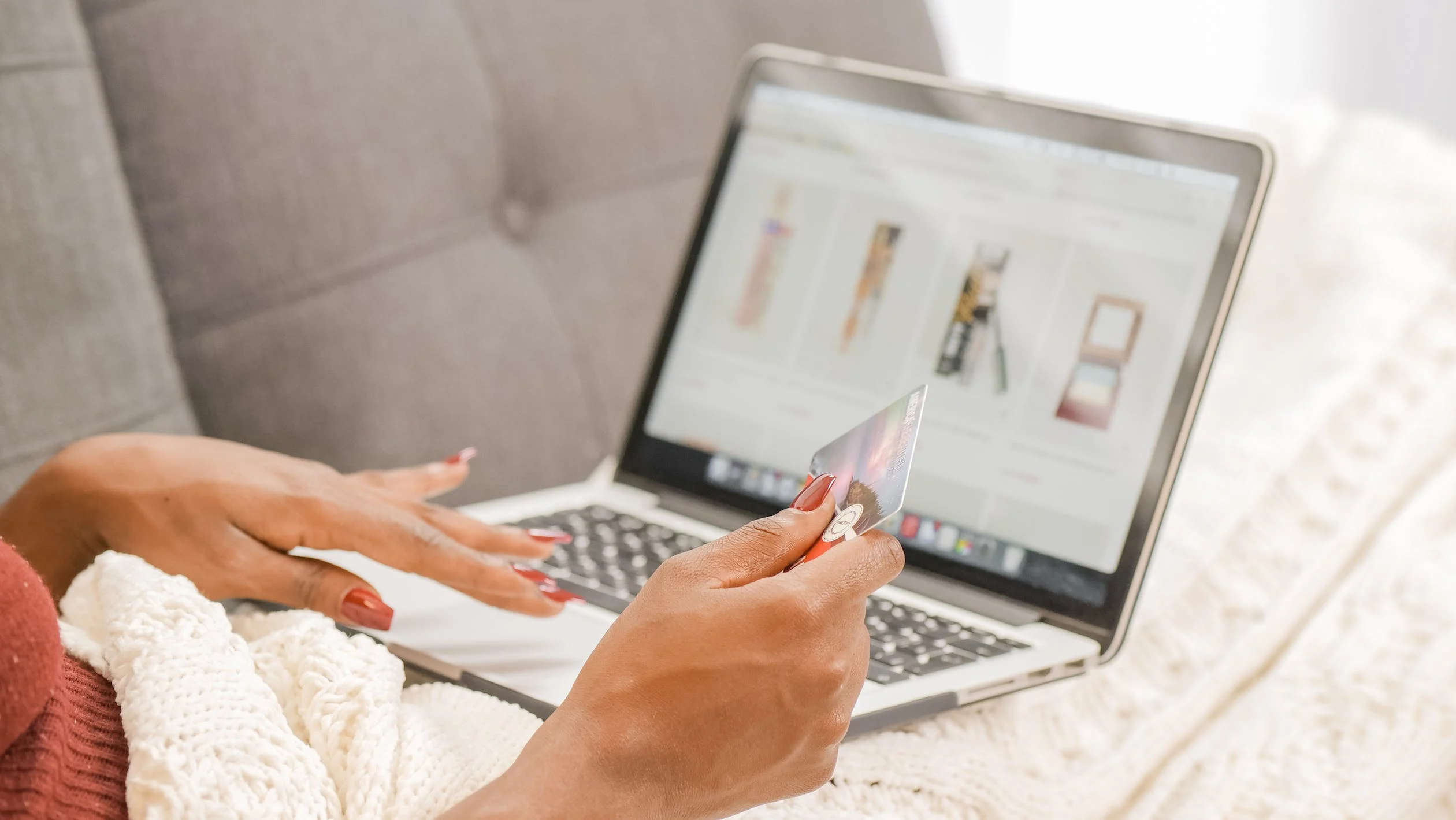New + updated
The 12 Best Snowboard Brands of 2024
March 4th
New forms of cheap credit enticed many consumers to overextend their finances. Now as the bills come due, many are left asking, “is instant gratification worth the price?”
New York – October 6, 2022 – Carrot, the leading shopping app for visual product bookmarking with a mission to bring joy to online shopping, issued a response to recent Consumer Financial Protection Bureau warnings about the significant risks to consumers posed by “Buy Now, Pay Later” (BNPL) services.
“The current cycle of spendthrift behavior is coming to an end,” says Nick Kuzma, head of growth at Carrot. “Not only are consumers missing payments, but our data also shows shop browsing—a key intent signal for purchases—is down ~15% in recent months, with actual purchases lagging even further. For consumers to delay or defer a purchase is one thing. For them to avoid browsing altogether is a clear reflection of a change in consumer psychology and sentiment toward shopping.”
BNPL companies rose to prominence during the coronavirus pandemic, fueling a glut of online spending, particularly for high-cost items like home furnishings and home gyms. Over 40% of Americans were at some point persuaded by marketing that promised an antidote to the pitfalls of traditional credit cards. But now 18% of Americans, nearly one in five, have missed a payment, incurring late fees and, for many, damaging their FICO credit scores. Missed payments and reduced spending are natural parts of the long-term debt cycle in every economy, but the recent entry of BNPL services into the market has exaggerated consumers’ ability to borrow against future earnings in a way not previously seen.
“The bulk of ecommerce has become fast food, designed to trigger cravings and feel good in the moment, but ultimately leaves you with regret.” says Bobby Ghoshal, serial startup founder and CEO of Carrot. “It’s a symptom of a greater malady—the inability to stay top of mind, connecting authentically with customers and building relationships. Instead of addressing the root cause, brands have understandably focused on removing friction; optimizing for FOMO, cheap credit, one-click checkout, discounts, and ‘buy right-this-second’ messages; because they know that if a prospective customer leaves their website without converting, they’re unlikely to ever see them again. BNPL takes this to an extreme, giving folks the ability to supersize their purchases, ultimately leaving them in worse shape and with even greater regret.”
Now, as the economy tilts towards a recession, consumers have responded by directing a greater share of spending to big box retailers like Amazon, which in September commanded a 16% greater share of transaction volume in online spending compared with the same month last year, according to Carrot data. The bulk of this growth is the result of reduction in spend across other retailers, especially smaller independent merchants, more so than growth of Amazon.








